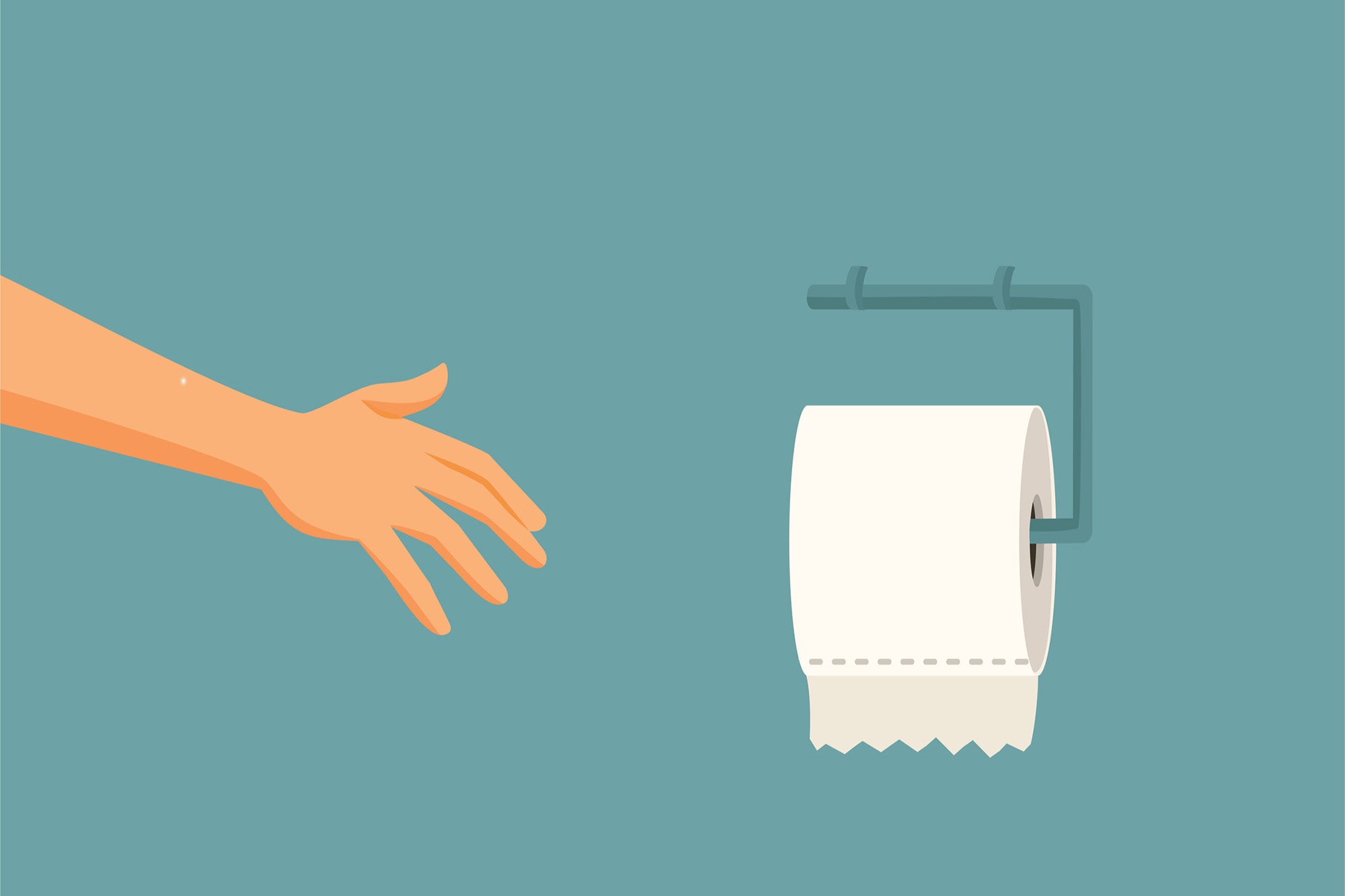Periods have been around for millions of years, but it’s still sometimes hard to know which facts are true and which are false. Here are some common menstrual myths busted, and the real answers to set the record straight:
- You shouldn’t exercise on your period: Sometimes having your period can make you feel run down or like lying on the couch all day, which is definitely valid. But if you do have the energy, exercise is completely safe while menstruating and can even help relieve cramps! It might be hard to get started, but once you do you may feel much better. Low intensity exercises such as yoga or walking are great options.
- Periods last exactly one week: Periods can last anywhere from 3-7 days, and even longer when they’re first starting out. It all comes down to different factors like stress, hormonal cycling, genetics, weight loss/gain, or health conditions. Everyone’s body is different, but if you’re concerned about the length of your period, don’t be afraid to talk to your doctor.
- Period blood is dirty blood: Period blood is not dirty blood, even if social stigma makes it feel impure, shameful, or embarrassing. Even though period blood might look thick or clumpy, it’s not toxic. Period blood is no different than any other type of blood, and is just a combination of blood, mucus, and tissue from your uterus. Some cultures may hold beliefs that being on your period can harm others, but since period blood isn’t the same as other waste products that leave our body, this is medically untrue.
- You can’t swim on your period: It is completely safe to swim while on your period. Period blood flow usually stops when you’re in water like a pool, bath, or the ocean. However, it’s still a good idea to wear a tampon or period swimwear because you’ll resume bleeding once you get out of the water. If you’re in the ocean, the temporary pause in blood flow also means that no sharks will be attracted to you, so no worries there!
- Having a period makes you a woman: Not all women menstruate, and not all people who menstruate are women. For example, some women might not get periods for health reasons such as medication, cancer, or surgery. On the flip side, some people like transgender or nonbinary individuals get periods but don’t identify as women. Having or not having a period doesn’t make you any more or less of a woman.
- Periods should hurt: Many people experience mild cramping or other discomfort during their period, but you should never be in extreme pain. If you’re in so much pain that you have to miss school or can’t do daily activities, definitely speak to your doctor.
- You shouldn’t talk about your period in public: Periods are a normal process and it’s no different than talking about any other issue. Menstruating can feel personal so it’s totally fine to keep the topic private if you want to, but you should never be scared or ashamed about talking about the subject. By speaking up, you might actually find that you’re not alone in your experiences!
- People on their periods are angry: There is no right way to feel on your period. Sometimes you might feel angry, sad, tired, hungry, or everything at once! This is called Premenstrual Syndrome (PMS), which is just caused by hormone changes during your period. PMS can even start before a period and last the next several days. Not all people experience PMS but even if you do, it doesn’t mean that you’re angry all the time.
- Periods are good/bad: Different cultures and communities can view periods in different ways, such as an incredible coming of age or something negative. Regardless of what these beliefs are, you are allowed to feel however you want about getting your period. Periods are not necessarily good or bad, they are just natural.
For more basic information on the menstrual cycle, check out this article!





Leave a comment
All comments are moderated before being published.
This site is protected by hCaptcha and the hCaptcha Privacy Policy and Terms of Service apply.